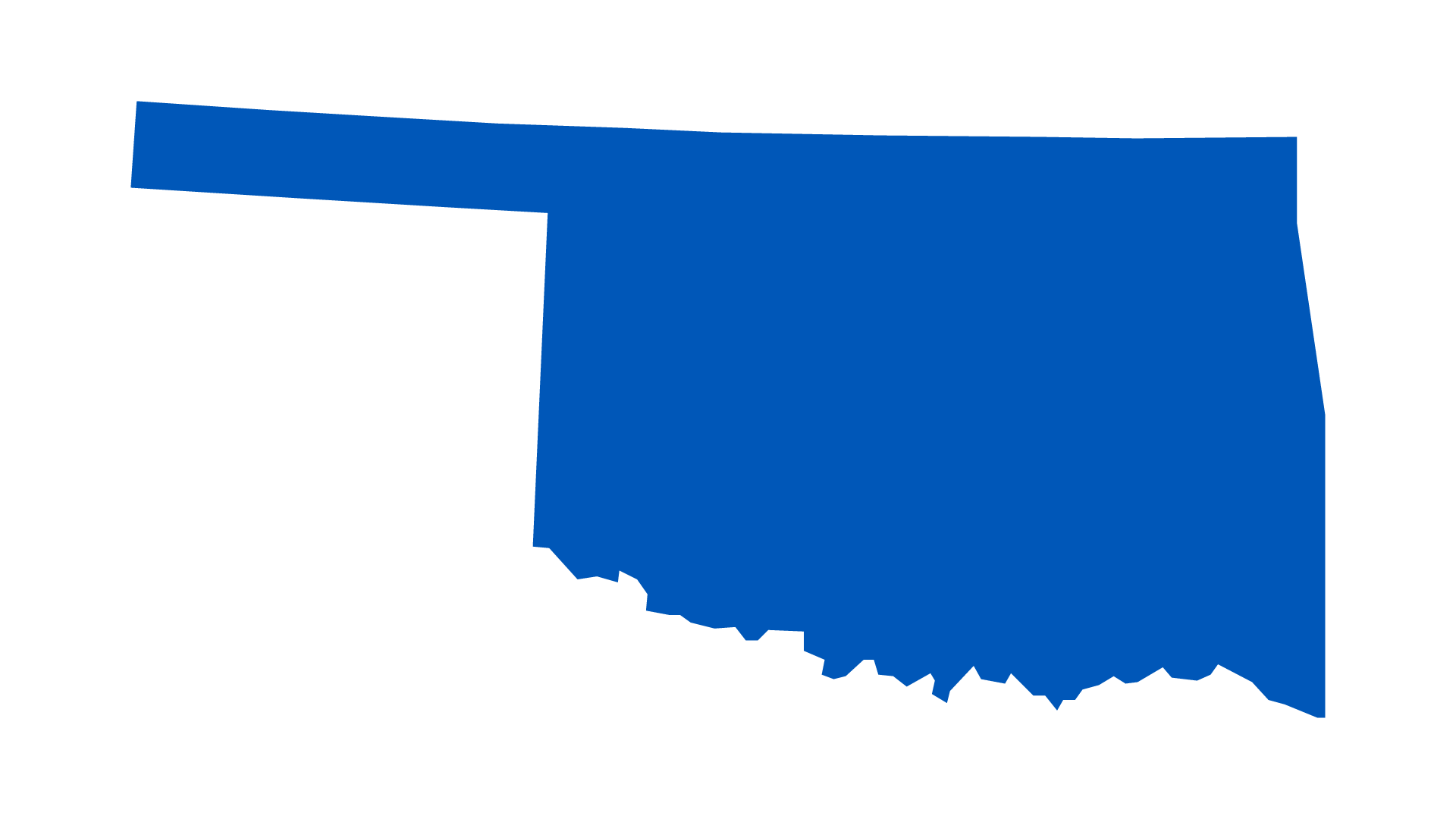SPINE Creates Partnerships to Equitably Connect Eligible Groups to Federal Nutrition Programs and Emergency Food
Launched Jan. 1, 2022, the State Partnerships Improving Nutrition & Equity (SPINE) program seeks to address food and nutrition security through equitable and sustainable actions that tackle economic and social conditions limiting food and nutrition security across the lifespan through a policy, systems, and environmental (PSE) change lens. NACDD provides training and technical assistance (T/TA) to nine states to build sustainable partnerships, programs, and services in communities disproportionately affected by chronic disease and the COVID-19 pandemic. Health equity, social justice, and developing strong cross-sector partnerships are foundational elements of the SPINE program and strategies to purposefully operationalize these elements are incorporated throughout all tailored T/TA opportunities.
Federal nutrition programs (e.g., Supplemental Nutrition Assistance Program [SNAP], Women, Infants, and Children [WIC], Summer Food Service Program, etc.) and emergency food (food banks, food pantries, soup kitchens) connect those experiencing limited food and nutrition security to food. Many SPINE states are carrying out activities that equitably connect communities to federal nutrition programs and emergency food by working with partners across different sectors including, but not limited to, healthcare, business, and community- and/or faith-based organizations.
State Health Departments can serve as a central point for local- and state-level multi-sector partners interested in building collective will towards implementing innovative and evidence-based solutions to food and nutrition insecurity. NACDD is committed to supporting its Members and strategic partners with the tools, resources, and T/TA needed in developing new and strengthening existing partnerships aimed at improving food and nutrition security in a sustainable and equitable way.
Below are examples of how SPINE states are leveraging cross-sector partnerships to connect those in need to federal nutrition programs and emergency food, broaden the reach of their food and nutrition security activities, and make a deeper impact overall.

Nevada
Nevada Department of Health and Human Services
The Nevada Department of Health and Human Services (DHHS) formalized a partnership with the Catholic Charities of Northern Nevada (CCNN) through a memorandum of understanding to increase equitable access to healthy, affordable, safe, and culturally appropriate foods in underserved neighborhoods and service deserts by expanding the hot meal program and mobile office. Nevada DHHS assisted CCNN in opening two client choice food pantries that serve locally grown and produced fresh fruits, vegetables, dairies, starches, and proteins to ensure access to culturally competent options for clients. Case managers, social workers, and community health workers are available at the pantries to ensure that clients’ needs are addressed. The client choice food pantry model has been so successful that work is being done to open more to reach individuals living in micro-urban and suburban service deserts.

New Hampshire
New Hampshire Hunger Solutions
New Hampshire Hunger Solutions (NHHS) provided T/TA to 34 key partners, including state agencies, local public health departments, community consultants, and healthcare organizations, on SNAP, WIC, and school meals eligibility requirements and application assistance. They also provided T/TA to local coalitions, health care organizations, and community-based organizations on how to use the Unite Us referral software to connect individuals to food-related and social needs resources.

New Jersey
New Jersey Food Trust
The New Jersey Food Trust (NJFT) developed successful relationships with two tribal communities – Nanticoke Lenni-Lenape and Ramapough Lenape Nation – who have been historically marginalized, and experience food and nutrition insecurity and inequitable food distribution at a higher rate than the general population. In partnership with the New Jersey Department of Health, NJFT is utilizing a multi-sector approach to work collaboratively with food and nutrition programs throughout the state and to address social determinants of health and built environment issues among the tribal communities. They identified available resources for grab-and-go summer meals for children and funds for summer youth employment to assist with ongoing food relief and distribution programs.

Oklahoma
Oklahoma State Department of Health
The Oklahoma State Department of Health partnered with two food banks (Community Food Bank of Eastern Oklahoma and Regional Food Bank of Oklahoma), four Federally Qualified Health Centers (Shortgrass Community Health Center, Health and Wellness Center, Kiamichi Family Medical Center, and SSM Health Clinic), and up to 10 County Health Departments to conduct food insecurity screenings and create onsite food pantries to refer individuals identified as food and nutrition insecure for food and SNAP application assistance.
